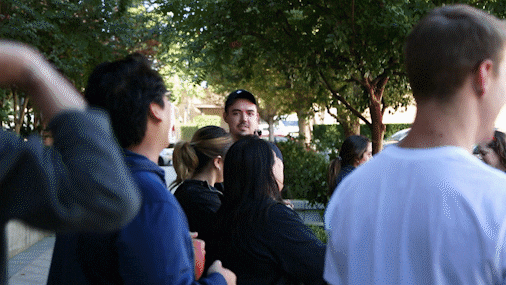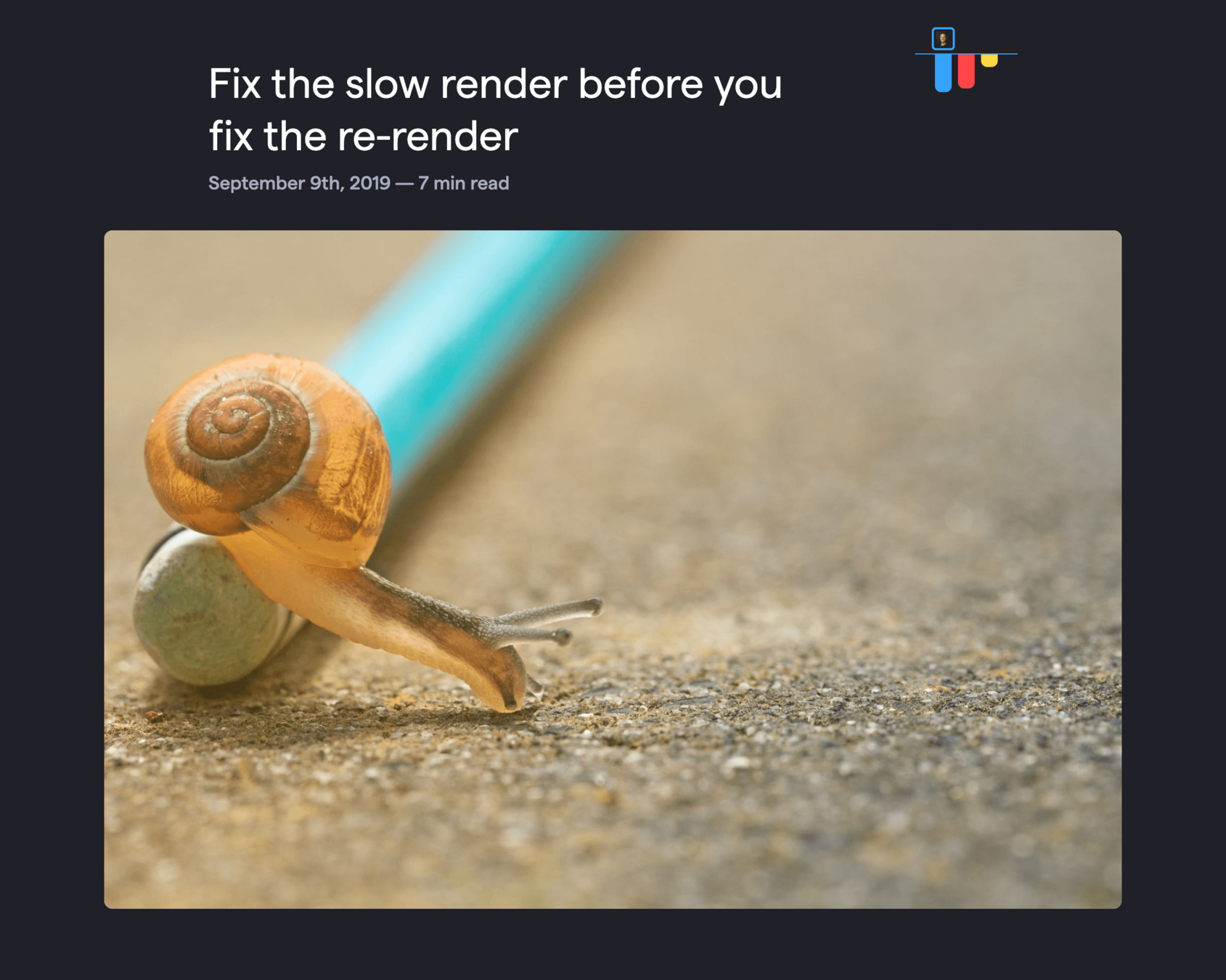Caching for Cash 🤑
Kent C. Dodds


More than you knew you need to know about caching


Let's wake up

Your brain needs this 🧠
What this talk is
- Deep dive on caching fundamentals
- Code examples

What this talk is not
- Comprehensive

Let's
Get
STARTED!


Two ways to make your code faster:
- Delete it
- Reduce the amount of stuff the code is doing
Delete it

Reduce the...
stuff

Can't delete it. Can't reduce it. Can't "make it fast."

🤑 Cash it! 🤑

🥴 Cache it! 🥴

What is caching?
In computing, a cache is a hardware or software component that stores data so that future requests for that data can be served faster; the data stored in a cache might be the result of an earlier computation or a copy of data stored elsewhere. A cache hit occurs when the requested data can be found in a cache, while a cache miss occurs when it cannot. Cache hits are served by reading data from the cache, which is faster than recomputing a result or reading from a slower data store; thus, the more requests that can be served from the cache, the faster the system performs.


Caching by example
function computePi() {
let pi = 0
let sign = 1
for (let i = 0; i < 1000000; i++) {
const term = sign / (2 * i + 1)
pi += term
sign *= -1
}
return Math.round(pi * 4e10) / 1e10
}Caching by example
let pi
function computePiCached() {
if (typeof pi === 'undefined') {
pi = computePi()
}
return pi
}Store the result of a computation somewhere and return that stored value instead of recomputing it again.
💡 Caching:
More complexity
function computePi(precision: number) {
let pi = 0
let sign = 1
for (let i = 0; i < 1000000; i++) {
pi += sign / (2 * i + 1)
sign *= -1
}
const factor = 10 ** precision
return Math.round(pi * 4 * factor) / factor
}More complexity
const piCache = new Map<number, number>()
function computePiCached(precision: number) {
if (!piCache.has(precision)) {
piCache.set(precision, computePi(precision))
}
return piCache.get(precision)
}🔑 Cache Keys!!
Another example
function sum(a: number, b: number) {
return a + b
}
const sumCache = new Map<string, number>()
function sumCached(a: number, b: number) {
const key = `${a},${b}`
if (!sumCache.has(key)) {
sumCache.set(key, sum(a, b))
}
return sumCache.get(key)
}
sumCached(1, 2) // cache miss: 3
sumCached(1, 2) // cache hit: 3The problem with keys
function addDays(count: number) {
const millisecondsInDay = 1000 * 60 * 60 * 24
return new Date(Date.now() + count * millisecondsInDay)
}
const cache = new Map<string, Date>()
function addDaysCached(count: number) {
const key = `add-days:${count}`
if (!cache.has(key)) {
cache.set(key, addDays(count))
}
return cache.get(key)
}find the bug 🐛
🐛

addDaysCached(3) // cache miss: 3 days from today
addDaysCached(3) // cache hit: 3 days from today
// ... wait 24 hours...
addDaysCached(3) // cache hit: 3 days from yesterday 😱
// That's 2 days from today!The cache key must* account for all inputs required to determine the result
💡 Cache Keys:
*But...
- It’s easy to miss an input
- Too many inputs
- Computing correct cache keys is costly
1. It’s easy to miss an input
useMemo(() => {
// ...
}, [/* ... ugh... */])2. Too many inputs

3. Computing correct cache keys is costly


So we cheat:
Cache revalidation
Cache Revalidation
- Proactively Updating the Cache
On post update, update the cache - Timed Invalidation
Cache-Control headers - Stale While Revalidate
Update cache in the background - Forcing fresh value
Manual cache updates - Soft Purge 🤩
Manual Stale While Revalidate
Another caching problem
import fs from 'fs'
function getVideoBuffer(filepath: string) {
return fs.promises.readFile(filepath)
}
const videoBufferCache = new Map<string, Buffer>()
async function getVideoBufferCached(filepath: string) {
if (!videoBufferCache.has(filepath)) {
videoBufferCache.set(filepath, await getVideoBuffer(filepath))
}
return videoBufferCache.get(filepath)
}find the bug 🐛
🐛

FATAL ERROR: Ineffective mark-compacts near heap limit Allocation failed - JavaScript heap out of memory
1: 00007FF6E7A84E05 node::Abort+21
2: 00007FF6E7A84F49 node::OnFatalError+297
3: 00007FF6E7A84D2F node::OnFatalError+31
4: 00007FF6E7A84D17 node::OnFatalError+23
5: 00007FF6E812C7F8 v8::Utils::ReportOOMFailure+184
...Cache Size Solutions
- Least Recently Used
Ditch old stuff (npm.im/lru-cache) - File System
require('os').tmpdir() or ./node_modules/.cache -
SQLite
Even distributed with LiteFS -
Redis
Super common, very fast, "more than a cache"
Note: cache size can still get out of control, so keep an eye out!
Cache Warming

Problems

- You can get rate limited by APIs
- It requires a lot of resources
- Making users wait for the fresh values
Solution: Soft Purge

Cache Entry Value Validation

Cache Request Deduplication
Kinda like DataLoader
You're looking for cachified


Thank you!




